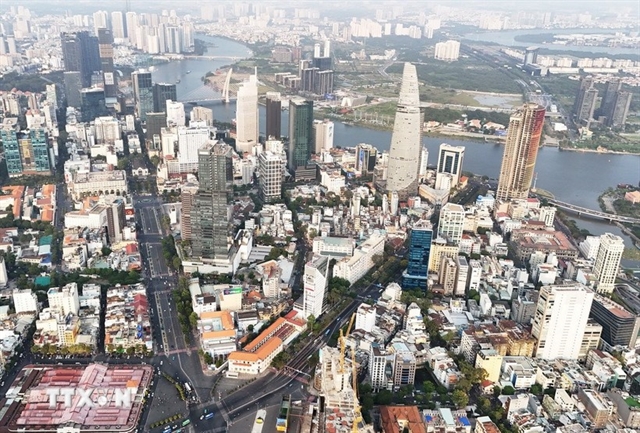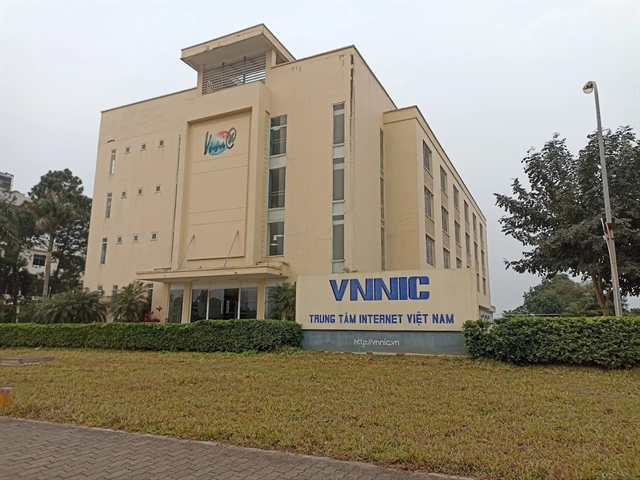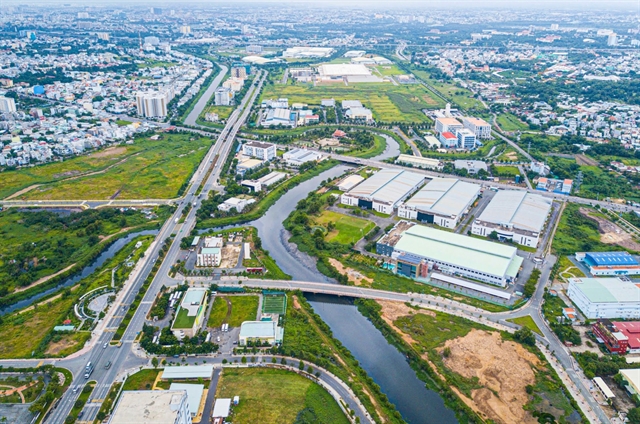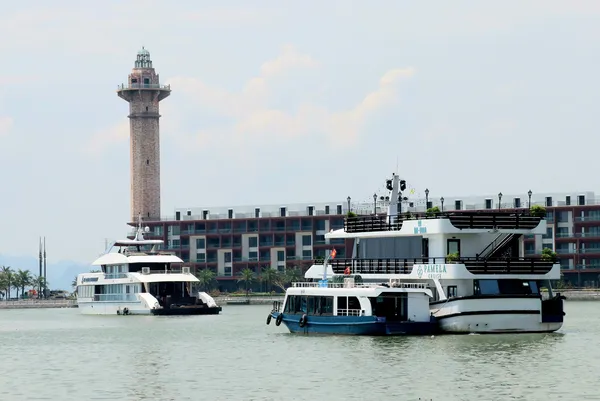 Society
Society
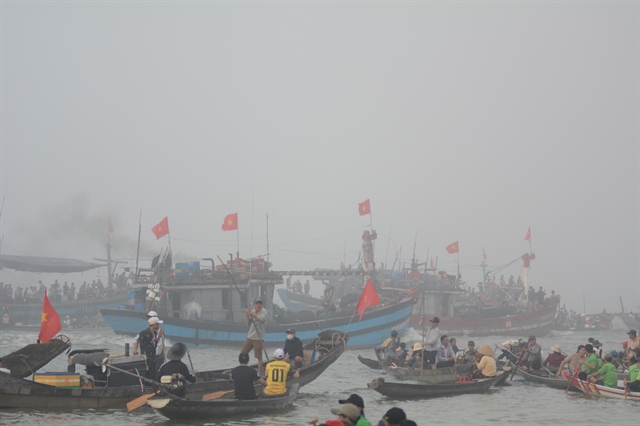
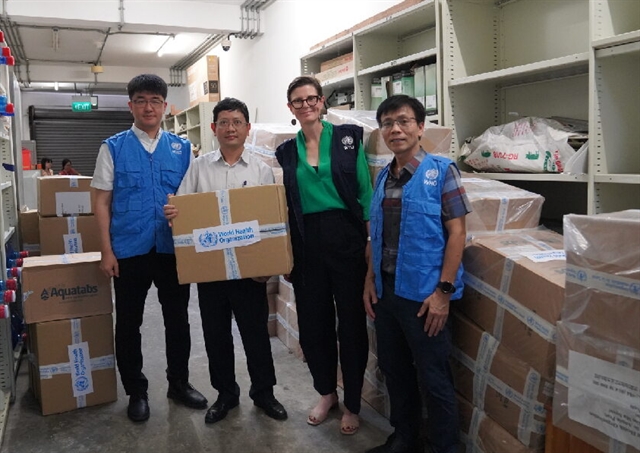 |
| The WHO representatives hands over one million water purification tablets to the Ministry of Health on September 12. — Photo courtesy of the WHO |
HÀ NỘI — The World Health Organisation (WHO) donated one million water purification tablets on September 12 to protect the health of hundreds of thousands of people across northern Việt Nam following the devastation wrought by Typhoon Yagi.
WHO Representative in Việt Nam Dr Angela Pratt said: “We are deeply saddened that the death toll continues to rise and that many people remain at risk.
“As part of WHO’s support to the Government’s response, we handed over an emergency supply of one million water purification tablets and 500 water containers to the Ministry of Health yesterday, which are expected to arrive in needed areas today.
“This will provide as much as 15 million litres of purified water for safe household drinking and use in health care facilities in the eight hardest-hit provinces in the coming days and weeks, namely Bắc Giang, Cao Bằng, Điện Biên, Lai Châu, Lào Cai, Phú Thọ, Thái Nguyên and Yên Bái.
“Clean water is critical to help prevent food and waterborne disease and for maintaining safe care and operations at health care facilities, whether it is for people injured in the typhoon or those needing urgent routine health care,” Dr Pratt said.
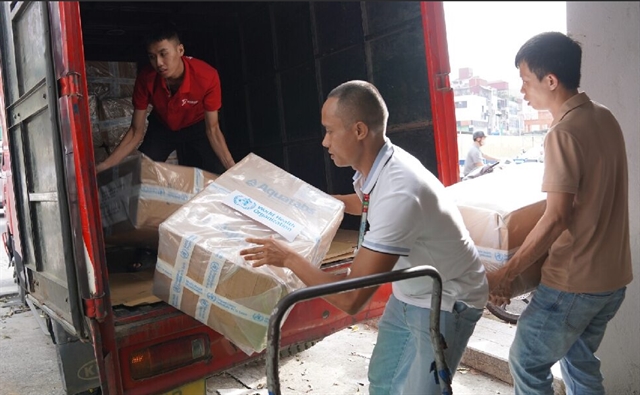 |
| WHO unloading one million water purification tablets and 500 water containers for the Ministry of Health on September 12. — Photo courtesy of WHO |
In response to the Ministry of Health’s official request for international support, WHO has joined other United Nations agencies on joint assessment teams deployed in coordination with the Government to evaluate the extent of damage, assess needs and ensure targeted assistance is made available.
WHO is also working closely with local and national authorities to monitor and prevent food- and waterborne diseases as well as other infectious diseases over the coming weeks and months, and will continue to support the Government in mobilising any additional resources needed.
In addition, with support from USAID, WHO is working with Government partners to broadcast safety messages in several ethnic minority languages through local radio and community loudspeakers to help ensure ethnic minority communities, especially in more remote areas, receive important health and safety information.
With extremely strong winds, heavy rain, floods and landslides affecting millions of people in northern provinces, current estimates list at least 325 people as killed or missing, with hundreds of people injured and thousands displaced. The typhoon also damaged 130,000 homes and hundreds of healthcare facilities.
In many places, the storm has also disrupted essential water supplies to households and healthcare facilities, with floods, landslides, strong winds and falling trees damaging water and electricity infrastructure that could take weeks or even longer to be repaired. — VNS

